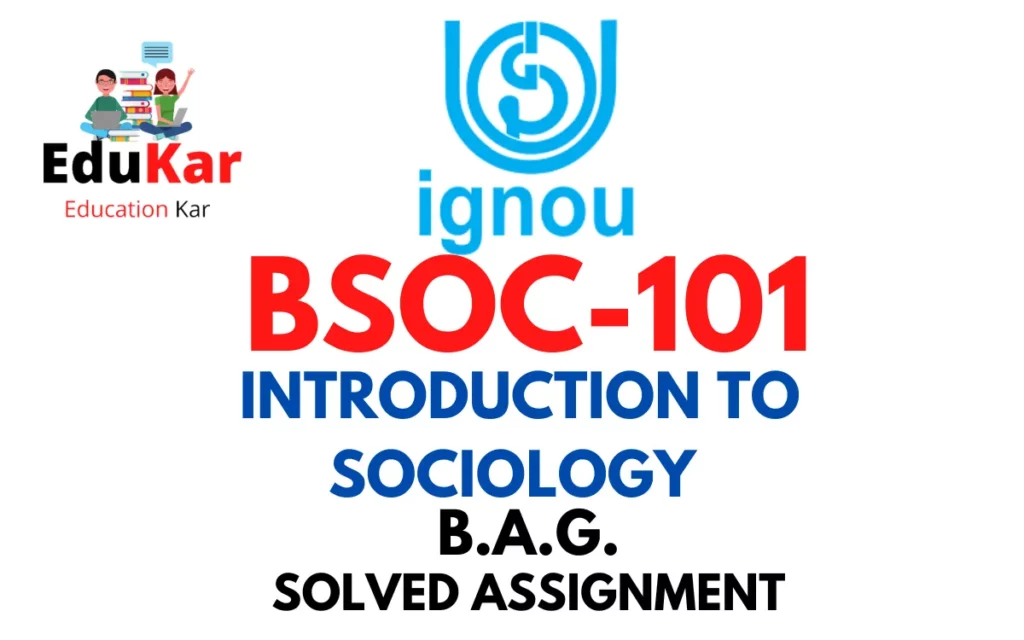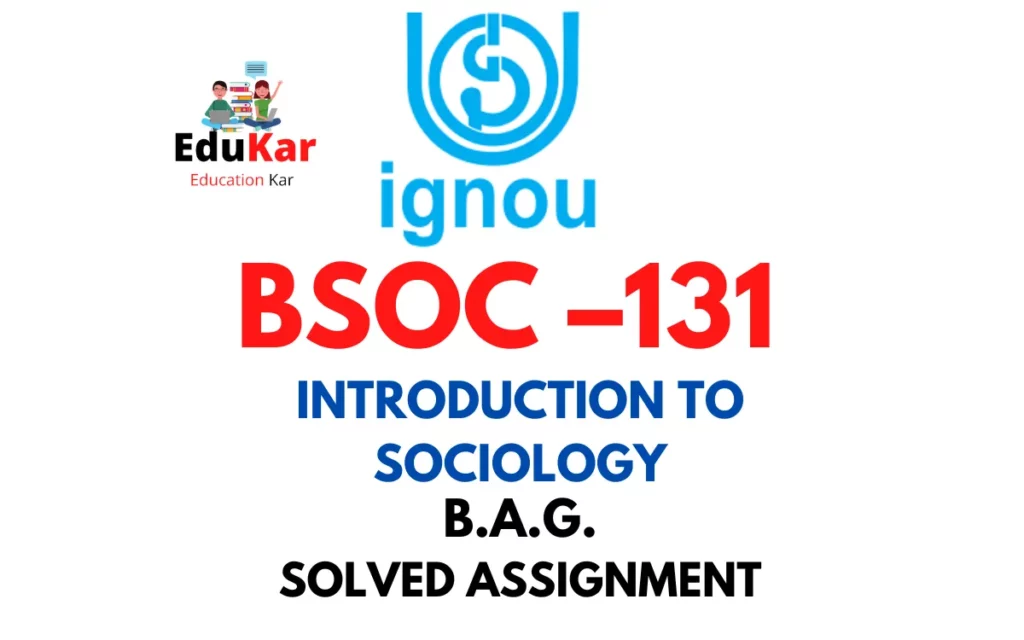Contents
- 1 1. What is gender violence? Write a short essay on the role of gender discrimination in gender violence. Give some solutions to overcome this.
- 2 2. What is the idea of Natural moral law of Thomas Aquinas? What are the objections against his idea of natural moral law?
- 3 3. Answer any two of the following questions in about 250 words each.
- 4 a) Do you agree that science can be helpful in the domain of morality? Give reason to support your answer.
- 5 b) “Suicide is morally wrong.” Give different kinds of arguments to prove this thesis.
- 6 c) What is the Anscombe’s idea of virtue? On what ground Anscombe criticized Mill and Kant?
- 7 d) What is naturalistic fallacy? Explain.
- 8 4. Answer any four of the following questions in about 150 words each.
- 9 a) Explain briefly the idea of hypothetical imperative with an example.
- 10 b) Compare between determinism and indeterminism on Free Will.
- 11 c) Explain Ethical Principles of Buddhist Moral Philosophy.
- 12 d) “Moral statement cannot be true or false.” Do you agree with this thesis? Give reason to support your answer.
- 13 e) Distinguish Normative Relativism and Descriptive Relativism.
- 14 f) What are the basic assumptions of Utilitarianism?
- 15 g) What are Plato’s four cardinal virtue? Explain briefly.
- 16 5. Write short notes on any five of the following in about 100 words each.
- 17 a) Goodwill
- 18 b) Perplexed Conscience
- 19 c) Hedonism
- 20 d) Reflective morality
- 21 e) Nishkama Karma
- 22 f) Svadharma
- 23 g) Virtue of generous quality
- 24 h) Applied Ethics

| Title | BPYC-132: IGNOU BAG Solved Assignment 2022-2023 |
| University | IGNOU |
| Degree | Bachelor Degree Programme |
| Course Code | BPYC-132 |
| Course Name | ETHICS |
| Programme Name | Bachelor of Arts (General) |
| Programme Code | BAG |
| Total Marks | 100 |
| Year | 2022-2023 |
| Language | English |
| Assignment Code | BPYC-132/ASST/TMA/2022-23 |
| Assignment PDF | Click Here |
| Last Date for Submission of Assignment: | For June Examination: 31st April For December Examination: 30th September |
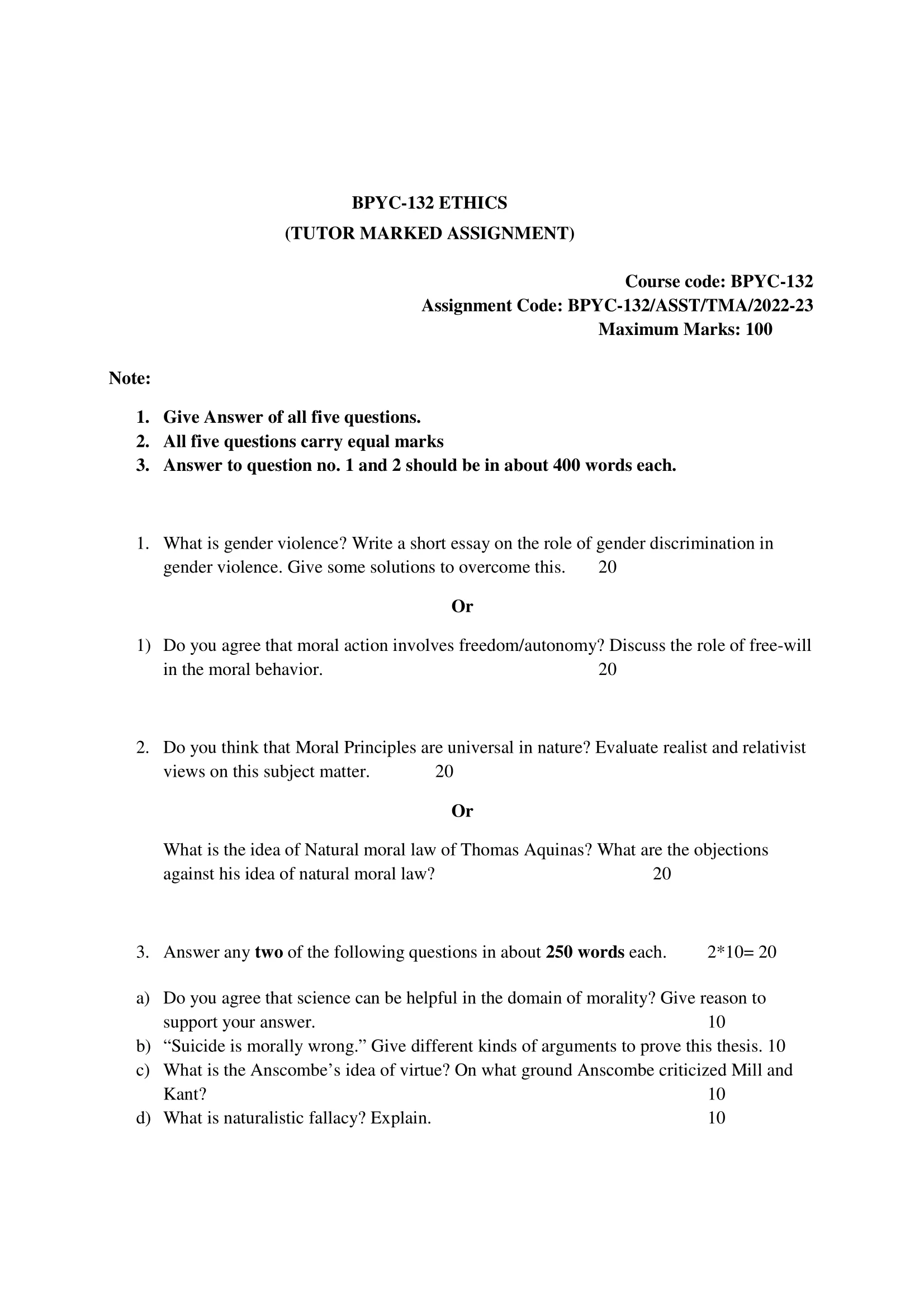
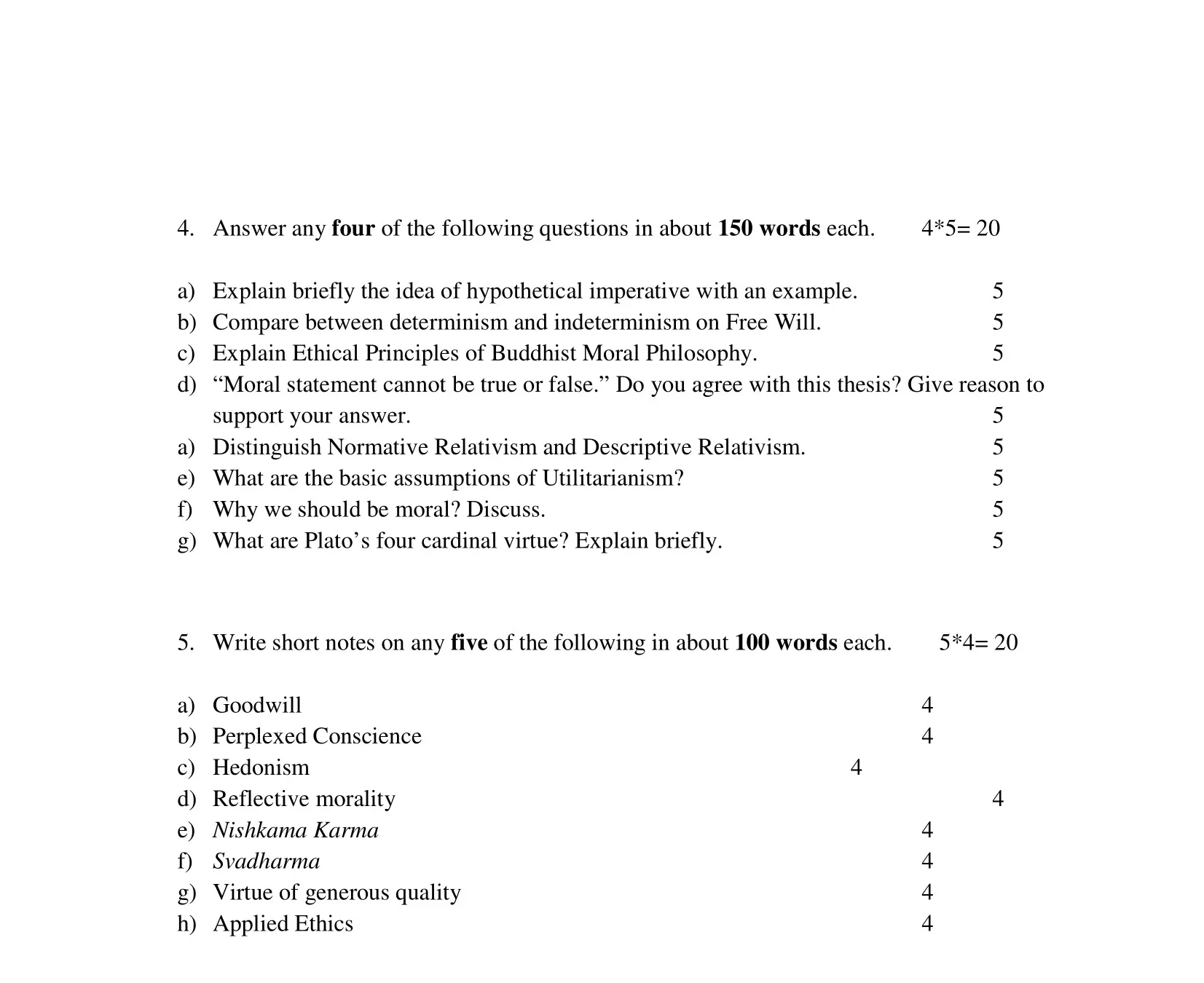
1. What is gender violence? Write a short essay on the role of gender discrimination in gender violence. Give some solutions to overcome this.
Ans: Gender violence refers to any form of violence that is inflicted upon an individual because of their gender or gender identity. This can include physical, sexual, emotional, or economic violence, and can occur in both private and public spheres.
Gender discrimination, which is the unfair treatment of individuals based on their gender or gender identity, is a significant contributing factor to gender violence. This discrimination can take many forms, such as pay inequality, denial of opportunities for education or employment, and exclusion from political decision-making processes.
Gender discrimination can also lead to harmful cultural practices, such as female genital mutilation, child marriage, and honor killings, which are often perpetrated against women and girls. These practices are rooted in gender inequality, and they perpetuate harmful beliefs about the inferiority of women and girls.
To overcome gender violence and discrimination, it is necessary to address the root causes of these issues. This includes promoting gender equality, challenging harmful cultural practices, and creating policies that protect and empower women and girls.
One solution is to promote education and awareness about gender issues. This includes teaching individuals about the harmful effects of gender discrimination and promoting positive attitudes towards gender equality. It also includes providing resources and support for victims of gender violence, including access to legal and medical services.
Another solution is to promote policies that address gender inequality, such as affirmative action policies that provide opportunities for women and girls in education and employment. This can help to overcome the systemic barriers that perpetuate gender discrimination and violence.
Overall, it is crucial to recognize that gender violence and discrimination are deeply rooted societal issues that require sustained efforts to overcome. By promoting gender equality, challenging harmful cultural practices, and creating policies that protect and empower women and girls, we can work towards a future where gender violence and discrimination are no longer tolerated.
2. What is the idea of Natural moral law of Thomas Aquinas? What are the objections against his idea of natural moral law?
Ans: Thomas Aquinas was a prominent medieval theologian and philosopher who developed the idea of natural moral law. Natural law theory holds that there are certain moral principles that are inherent in human nature and can be discovered through reason. According to Aquinas, natural law is the participation of humans in the eternal law of God, which is the order that God has established for the universe.
Aquinas believed that the basic principles of natural law are self-evident and universal. For example, he argued that it is always wrong to intentionally kill an innocent human being because this violates the principle of the sanctity of life. Similarly, he argued that humans have a natural inclination to preserve their own lives, to procreate, and to seek knowledge of the truth.
One objection to Aquinas’s idea of natural moral law is that it assumes a teleological view of nature. This means that it assumes that nature has a purpose or goal, and that humans can use reason to discover what that purpose is. Some critics argue that this view is outdated and that modern science has shown that nature is not necessarily teleological.
Another objection is that the idea of natural moral law assumes that there is a single human nature that is shared by all people. However, critics argue that different cultures and societies have different moral codes, and that there is no objective standard by which to judge these codes.
Finally, some critics argue that the idea of natural moral law is too rigid and inflexible. They argue that it does not allow for the possibility of moral progress or change over time, and that it can be used to justify oppressive or unjust social structures.
3. Answer any two of the following questions in about 250 words each.
a) Do you agree that science can be helpful in the domain of morality? Give reason to support your answer.
Ans: The relationship between science and morality has been the subject of much debate among philosophers and scientists. While some argue that science and morality are fundamentally separate, others contend that science can be helpful in the domain of morality. In my opinion, I believe that science can be helpful in the domain of morality, although it has limitations.
Science can be helpful in the domain of morality in several ways. For instance, scientific research can help us understand the biological and psychological underpinnings of moral behavior, including empathy, compassion, and altruism. By studying the brain mechanisms and evolutionary history of these moral traits, we can gain insight into why we have them and how they can be cultivated.
In addition, scientific research can also inform our ethical decision-making by providing us with empirical evidence about the consequences of our actions. For example, research on climate change can help us understand the environmental impact of our choices and inform our decisions about how to mitigate or adapt to these changes.
However, it is important to note that science has limitations in the domain of morality. While science can provide us with knowledge about the causes and consequences of moral behavior, it cannot dictate what we ought to do. The norms and values that guide our moral decision-making are often determined by cultural, religious, and philosophical traditions, which cannot be reduced to scientific facts.
b) “Suicide is morally wrong.” Give different kinds of arguments to prove this thesis.
Ans: The moral question of whether suicide is right or wrong is complex and has been debated by philosophers and ethicists for centuries. There are a variety of arguments that can be made in support of the thesis that “suicide is morally wrong”. Here are some of the most common types of arguments:
- Religious or spiritual arguments: Many religious and spiritual traditions consider suicide to be morally wrong. For example, in Christianity, it is often seen as a sin because it goes against the belief that human life is a gift from God and should be respected. Similarly, in Buddhism, taking one’s own life is often seen as a violation of the principle of non-harming and can lead to negative karmic consequences.
- Ethical arguments based on duty: Some ethical theories argue that suicide is wrong because it violates a person’s duties or responsibilities to others. For example, in Kantian ethics, suicide is seen as a violation of the duty to respect one’s own life as well as the duty to treat others as ends in themselves, not merely as means to an end.
- Utilitarian arguments: Utilitarianism is an ethical theory that emphasizes the greatest happiness for the greatest number of people. Some utilitarians argue that suicide is morally wrong because it causes harm and suffering to others, particularly family and loved ones. They may also argue that suicide can lead to a decrease in overall happiness for society.
- Arguments based on the value of life: Some people argue that life is inherently valuable and that taking one’s own life is a violation of this value. This argument can be based on the belief that human life has intrinsic worth, or on the idea that life provides opportunities for growth, happiness, and meaningful experiences.
- Pragmatic arguments: Finally, some people argue that suicide is morally wrong because it is a permanent solution to a temporary problem. They may argue that with the right help and support, many people who are contemplating suicide can overcome their difficulties and find a way to lead a fulfilling life. Therefore, they may argue that suicide is a tragic and unnecessary loss of potential.
c) What is the Anscombe’s idea of virtue? On what ground Anscombe criticized Mill and Kant?
Ans:
Elizabeth Anscombe was a prominent philosopher in the 20th century who made important contributions to virtue ethics. According to Anscombe, virtues are those character traits that enable individuals to flourish and live a good life. Virtues such as courage, honesty, and compassion are not only instrumental in achieving happiness, but they are also intrinsically valuable and worth pursuing for their own sake.
In contrast to the utilitarianism of Mill and the deontological ethics of Kant, Anscombe criticized both of these ethical theories on the grounds that they fail to provide a satisfactory account of moral obligation. Mill’s utilitarianism, which emphasizes the maximization of pleasure and the minimization of pain, cannot account for the moral significance of individual rights and the intrinsic value of certain actions. Kant’s deontological ethics, which focuses on the moral duty to follow universal principles, cannot provide a satisfactory account of the moral significance of virtues and the flourishing of individuals.
Anscombe’s critique of Mill and Kant is based on her belief that moral obligation arises from the exercise of virtues, which are intrinsically valuable and contribute to the flourishing of individuals and communities. According to Anscombe, virtues cannot be reduced to general principles or universal laws, but must be cultivated through the development of good habits and the exercise of practical wisdom.
d) What is naturalistic fallacy? Explain.
Ans: The naturalistic fallacy is a type of logical error that occurs when someone assumes that just because something is “natural”, it is inherently good, right, or morally acceptable. The naturalistic fallacy is a form of the broader category of the “is-ought” fallacy, which refers to the mistake of assuming that just because something is the case (i.e. “is”), it should be the case (i.e. “ought”).
The naturalistic fallacy can be seen in many different contexts. For example, someone might argue that homosexuality is morally wrong because it goes against the “natural” purpose of sex, which they assume is reproduction. This argument is fallacious because it assumes that just because something is natural (i.e. the biological function of sex), it must be morally right or wrong. Similarly, someone might argue that it is morally right to eat meat because humans are “naturally” omnivorous. This argument is also fallacious because it assumes that just because something is natural, it must be morally acceptable.
The naturalistic fallacy is often criticized by philosophers and ethicists because it overlooks the complexity of moral reasoning and the role that human values and social norms play in determining what is right or wrong. Just because something is “natural” does not necessarily mean that it is good or right, and just because something is not “natural” does not necessarily mean that it is bad or wrong. Moral judgments are often more nuanced and context-dependent than the simple dichotomy of “natural” vs. “unnatural” suggests.
4. Answer any four of the following questions in about 150 words each.
a) Explain briefly the idea of hypothetical imperative with an example.
Ans: The idea of hypothetical imperative is a central concept in Immanuel Kant’s ethical philosophy. According to Kant, a hypothetical imperative is a command that applies only in certain conditions, or “if-then” situations. It is a conditional command that tells us what to do in order to achieve a particular end or goal. In other words, hypothetical imperatives are conditional prescriptions for action that depend on our desires or goals.
For example, “if you want to stay healthy, then you should exercise regularly” is a hypothetical imperative because it is only relevant if you have the goal of staying healthy. It is not an absolute moral principle that applies in all circumstances, but rather a practical rule that applies only in certain situations.
b) Compare between determinism and indeterminism on Free Will.
Ans: Determinism and indeterminism are two philosophical views that are relevant to the concept of free will. Determinism is the view that all events, including human actions, are predetermined by antecedent causes or conditions. On the other hand, indeterminism is the view that some events, including human actions, are not determined by antecedent causes or conditions and may be spontaneous or random.
Determinism implies that human actions are not free because they are predetermined by prior causes or conditions. If all human actions are determined by prior causes, then individuals cannot be held responsible for their actions. Indeterminism, on the other hand, implies that some human actions may be free because they are not determined by prior causes or conditions. If human actions are not determined by prior causes, then individuals can be held responsible for their actions.
c) Explain Ethical Principles of Buddhist Moral Philosophy.
Ans: Buddhist moral philosophy is based on the teachings of the Buddha and the principles of the Four Noble Truths and the Eightfold Path. Central to Buddhist ethics are the principles of non-harm (ahimsa) and compassion (karuna). Here are some of the key ethical principles of Buddhist moral philosophy:
- The Five Precepts: The Five Precepts are basic ethical guidelines that lay out the principles of non-harming and right conduct. They are: (1) not to kill, (2) not to steal, (3) not to engage in sexual misconduct, (4) not to lie, and (5) not to consume intoxicants.
- The Principle of Non-Harm: The principle of non-harm (ahimsa) is one of the central ethical principles of Buddhist moral philosophy. It involves refraining from causing harm to oneself or others, both in physical and mental ways. This principle is closely linked to the concept of compassion, as it emphasizes the importance of minimizing suffering in the world.
- The Principle of Compassion: Compassion (karuna) is another key ethical principle of Buddhist philosophy. It involves cultivating a deep sense of empathy and concern for the well-being of all living beings. Compassion is seen as an important antidote to selfishness and greed, and is considered essential for spiritual growth.
- The Principle of Non-Attachment: Non-attachment (viraga) is the principle of letting go of attachment to material possessions, desires, and ideas. This principle emphasizes the impermanence of all things and the importance of cultivating a sense of detachment in order to avoid suffering.
- The Principle of Mindfulness: Mindfulness (sati) is the practice of being fully present in the moment and aware of one’s thoughts, feelings, and actions. This principle is closely linked to the concept of non-harm, as it encourages individuals to be aware of how their actions and words affect others.
- The Principle of Right Conduct: Right conduct (samma kammanta) is one of the factors of the Eightfold Path and involves acting in ways that are aligned with the principles of non-harm, compassion, and mindfulness. This principle emphasizes the importance of ethical behavior as a path to spiritual growth and liberation.
d) “Moral statement cannot be true or false.” Do you agree with this thesis? Give reason to support your answer.
Ans: The statement that “moral statements cannot be true or false” is a central topic in the field of metaethics. The position that moral statements cannot be true or false is known as non-cognitivism, which is the view that moral statements express attitudes, preferences, or emotions, rather than make factual claims about the world.
According to non-cognitivists, when we make moral statements, we are not describing the world or making factual claims about it, but rather expressing our emotions, attitudes, or preferences. For example, when we say “stealing is wrong,” we are not making a statement about the world or the act of stealing itself, but rather expressing our disapproval or dislike of stealing.
One reason to support the thesis that moral statements cannot be true or false is that moral statements do not seem to be verifiable or falsifiable in the same way that empirical statements are. For example, we can verify or falsify statements about the natural world through empirical observation and experimentation, but moral statements do not seem to be subject to the same kind of verification or falsification.
Another reason to support the thesis is that moral statements seem to be inherently subjective and dependent on individual attitudes, preferences, and emotions. Different individuals may have different moral views and preferences, which can vary depending on their culture, upbringing, and personal experiences.
e) Distinguish Normative Relativism and Descriptive Relativism.
Ans: Descriptive relativism is the idea that different cultures or societies have different moral beliefs, practices, and values. This means that what is considered right or wrong can vary across cultures and there is no objective standard by which to judge or compare them. Descriptive relativism is a descriptive claim about the way things are, and it does not necessarily endorse or promote any particular moral viewpoint.
On the other hand, normative relativism is the idea that we should accept that different cultures or societies have different moral beliefs and values, and that there is no objective way to determine which one is “correct”. Normative relativism is a normative claim about the way things ought to be. It holds that moral beliefs and values are not universal, but rather are shaped by cultural and social factors. Therefore, it rejects the idea that there is a single set of moral standards that should apply to everyone, and it encourages individuals to be tolerant and accepting of other cultures’ moral beliefs.
f) What are the basic assumptions of Utilitarianism?
Ans: Utilitarianism is an ethical theory that was developed in the 18th century by philosophers such as Jeremy Bentham and John Stuart Mill. The basic assumptions of utilitarianism are as follows:
- Consequentialism: Utilitarianism is a consequentialist theory, which means that it judges the morality of an action based on its consequences. According to utilitarianism, an action is morally right if it produces the greatest amount of happiness for the greatest number of people.
- Hedonism: Utilitarianism assumes that pleasure is the only intrinsic good and pain is the only intrinsic bad. Pleasure and pain are the ultimate factors in determining the morality of an action.
- Universalism: Utilitarianism is a universal theory that applies to all people, regardless of their individual characteristics, social status, or personal preferences. It assumes that everyone’s happiness counts equally.
- Aggregation: Utilitarianism aggregates the happiness and suffering of all individuals affected by an action in order to determine its moral value. The utilitarian calculus considers the intensity, duration, and extent of pleasure or pain caused by an action.
- Maximization: Utilitarianism assumes that the moral goal is to maximize happiness and minimize suffering. The utilitarian calculus aims to find the action that produces the greatest net happiness.
g) What are Plato’s four cardinal virtue? Explain briefly.
Ans: Plato, the ancient Greek philosopher, identified four cardinal virtues which he believed were essential to living a good and just life. These virtues are wisdom, courage, moderation, and justice.
- Wisdom: Wisdom is the virtue that allows individuals to make good judgments and decisions. It involves having knowledge and understanding of the world and oneself, and being able to apply that knowledge in a practical way. Wisdom is important because it helps individuals to make choices that are in their own best interests, as well as in the best interests of others.
- Courage: Courage is the virtue that allows individuals to overcome fear and face challenges with confidence. It involves taking risks and standing up for what one believes is right, even when it is difficult or unpopular. Courage is important because it enables individuals to live a life of purpose and meaning, and to achieve their goals in the face of adversity.
- Moderation: Moderation is the virtue that involves finding balance and avoiding extremes. It involves avoiding excess and living a life of restraint and self-control. Moderation is important because it helps individuals to avoid harmful behaviors and to cultivate healthy habits that promote physical and mental well-being.
- Justice: Justice is the virtue that involves treating others fairly and equitably. It involves respecting the rights and dignity of all individuals, and working to promote social and economic equality. Justice is important because it ensures that individuals are able to live in a just and equitable society, and that all members of society are able to share in the benefits of that society.
5. Write short notes on any five of the following in about 100 words each.
a) Goodwill
Ans: Goodwill refers to the moral or ethical principle of acting out of a sense of duty or obligation, rather than for the sake of personal gain or self-interest. It is an essential concept in Immanuel Kant’s ethical philosophy, where he argues that actions are only truly good if they are motivated by the good will. Goodwill is the intention to do what is morally right, regardless of the consequences or personal benefits that may result from the action. According to Kant, it is the only thing that is intrinsically good, and it is the basis for all moral obligations and duties. In short, acting out of goodwill means doing the right thing because it is the right thing to do, without any expectation of reward or recognition.
b) Perplexed Conscience
Ans: A perplexed conscience is a state of moral uncertainty or doubt where an individual is unable to determine the right course of action in a particular situation. It is a common experience for individuals who face conflicting moral values or ethical principles and are unable to reconcile them. A perplexed conscience can lead to feelings of anxiety, guilt, and confusion as one struggles to make a decision that aligns with their personal values and beliefs. In some cases, seeking guidance from trusted individuals, engaging in moral reflection, and gathering more information can help individuals resolve their moral dilemmas and make a more informed decision.
c) Hedonism
Ans: Hedonism is a philosophical belief that pleasure or happiness is the ultimate goal in life, and that individuals should seek to maximize their own pleasure and minimize their pain. It is often associated with the ancient Greek philosopher Epicurus, who believed that a life of pleasure and moderation was the key to happiness. Hedonism can be seen as both a moral and ethical theory, as well as a psychological theory of motivation. While some versions of hedonism prioritize individual pleasure and self-interest, others emphasize the importance of social connections and the pleasure derived from helping others.
d) Reflective morality
Ans: Reflective morality refers to the process of reflecting on one’s moral values, beliefs, and actions, and making conscious choices that align with those values. It involves critical thinking, self-reflection, and a willingness to question one’s assumptions and biases. Reflective morality can lead to greater self-awareness, a deeper understanding of one’s values and beliefs, and a more intentional approach to moral decision-making. It is often contrasted with uncritical or unreflective morality, where individuals may follow moral rules or principles without fully understanding or questioning them. By engaging in reflective morality, individuals can develop a more nuanced and sophisticated approach to ethical issues and cultivate a more meaningful and fulfilling life.
e) Nishkama Karma
Ans: Nishkama Karma is a concept in Hindu philosophy that refers to selfless or desireless action. It is the idea of performing actions without seeking personal gain or reward. According to this philosophy, by performing actions without attachment to the results, one can attain a state of equanimity and inner peace. The goal of Nishkama Karma is to act with pure intentions and to offer one’s actions to a higher power, without seeking personal gain or recognition. It is often associated with the Bhagavad Gita, where it is presented as a way to attain spiritual enlightenment and liberation from the cycle of birth and death.
f) Svadharma
Ans: Svadharma is a concept in Hindu philosophy that refers to an individual’s personal duty or path in life. It is the idea that each person has a unique purpose or calling, based on their innate abilities, social position, and personal inclinations. According to this philosophy, by following one’s svadharma, one can attain inner fulfillment and contribute to the greater good. The concept of svadharma is closely linked to the idea of karma, which suggests that each person’s actions have consequences that determine their future experiences. By fulfilling their svadharma, individuals can accumulate positive karma and progress on their spiritual journey.
g) Virtue of generous quality
Ans: The virtue of generosity is the quality of being kind, charitable, and giving to others without expecting anything in return. It is the idea of sharing one’s resources and time with others to alleviate their suffering and to promote their well-being. According to virtue ethics, generosity is a key component of moral character, and it involves cultivating the habit of giving freely and without calculation. Generosity is also considered a means of attaining happiness and flourishing in life, as it promotes a sense of connection and community with others. The practice of generosity can involve donating money, time, or resources to charitable causes or simply offering kindness and support to those in need.
h) Applied Ethics
Ans: Applied ethics is a branch of ethics that deals with practical moral problems in various fields of human activity. It involves the application of ethical principles and theories to specific issues and problems in areas such as healthcare, business, law, politics, and technology. The aim of applied ethics is to provide guidance and solutions to ethical challenges and dilemmas that arise in real-world situations. It involves analyzing and evaluating moral issues, identifying ethical concerns, and developing ethical frameworks to address these concerns. The goal is to promote ethical decision-making and responsible behavior in various domains of human life.
How to Download BPYC-132 Solved Assignment?
You can download it from the www.edukar.in, they have a big database for all the IGNOU solved assignments.
Is the BPYC-132 Solved Assignment Free?
Yes this is absolutely free to download the solved assignment from www.edukar.in
What is the last submission date for BPYC-132 Solved Assignment?
For June Examination: 31st April, For December Examination: 30th October

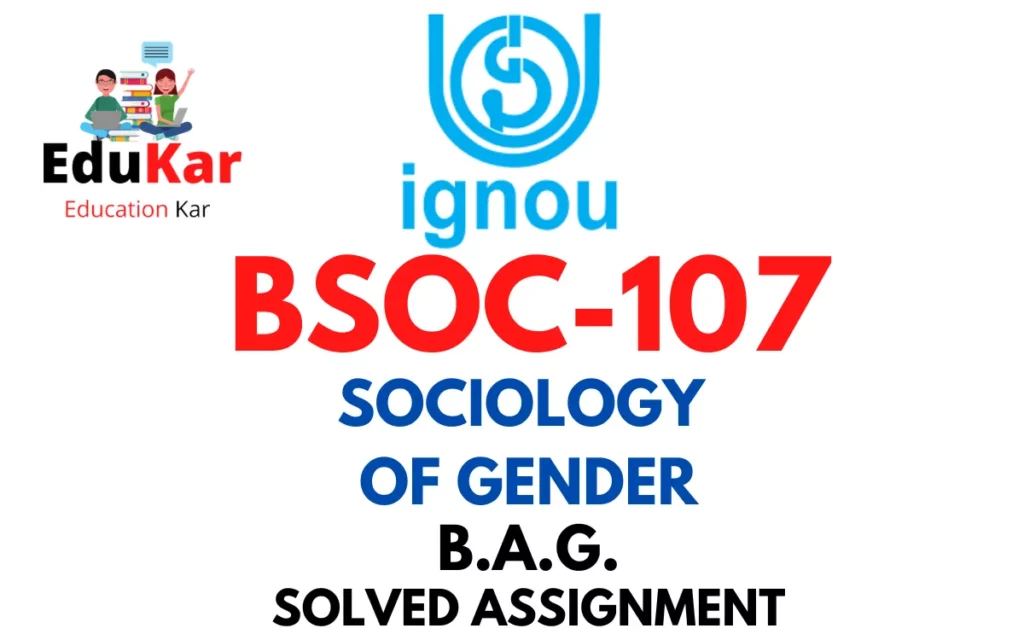


![[Solved Assignment] BPCS 185-DEVELOPING EMOTIONAL COMPETENCE (IGNOU-BAG) 2022-2023 [Solved Assignment] BPCS 185-DEVELOPING EMOTIONAL COMPETENCE (IGNOU-BAG) 2022-2023](https://edukar.in/wp-content/plugins/contextual-related-posts/default.png)







